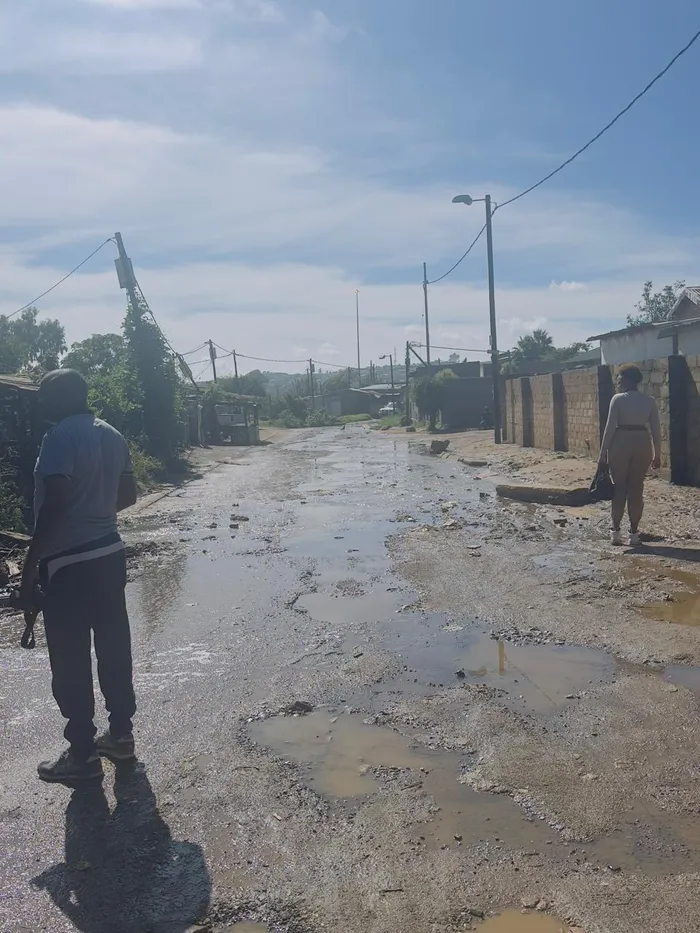Soil of Africa challenges Tshwane's overtime policy amid service delivery concerns

The Soil of Africa civic movement has expressed concern about the City of Tshwane's new overtime policy, intended to curb excessive worker payouts, saying it negatively impacts service delivery.
Image: Supplied
The activist group Soil of Africa (SOA) has disputed the City of Tshwane's claim that its new overtime policy, intended to curb excessive worker payouts, won't negatively impact service delivery to communities.
The non-profit organisation was reacting to recent statements by the Metro that the overtime cuts were not intended to compromise on service delivery.
Its chairperson Bongani Ramontja countered the city's claims, saying the reality on the ground tells a different story, citing that residents in several wards, including ward 17 Phase 3, have experienced significant service delivery delays, with sewage issues sometimes taking up to three weeks for the city to address.
“This is unacceptable and highlights a systemic failure in the municipality's service delivery mechanisms,” he said.
Last week, municipal spokesperson Selby Bokaba dismissed concerns from community leaders and some DA councillors that the new overtime policy, designed to cut excessive payouts, would hurt service delivery.
He said that the city is aware of “misleading social media posts” by some community leaders, claiming the overtime policy changes would compromise service delivery, which he said is untrue.
Ramontja said: “As Bokaba mentioned, the municipality has taken note of misleading messages circulated on social media platforms. However, we at SOA believe that the concerns raised by residents and ward councillors are not mere misinformation but rather a reflection of the harsh realities faced by communities.”
He argued that the blanket restriction on overtime has clearly compromised service delivery, especially in essential departments like electricity and water and sanitation.
“This is evident in the non-functional streetlights and prolonged response times to service issues, which are not only inconvenient but also pose serious health and safety risks to residents,” he said.
He noted that the situation in Mamelodi township and other Tshwane areas is especially worrying, with service delivery failing to meet expectations.
“SOA urges the municipality to take immediate action to address these challenges and ensure that residents receive the level of service they deserve. We cannot stress enough that service delivery is not a luxury but a basic right that municipalities are obligated to provide. The current state of affairs is a ticking time bomb, and if left unchecked, it will have disastrous consequences for the municipality and its residents,” Ramontja said.
Ramontja said SOA urges the municipality to reconsider its overtime policy and adopt a more flexible approach that prioritises service delivery based on actual needs.
“This will require a nuanced understanding of the unique challenges faced by different departments and a willingness to adapt policies accordingly. We are willing to work with the municipality to find solutions that benefit all stakeholders, but we will not hesitate to hold them accountable for any failures in service delivery,” he said.
DA councillor in ward 1 Leon Kruyshaar suggested the city's overtime limits might be causing poor service delivery and delays in his ward.
He also said that limiting overtime could affect workers' morale and livelihoods, as many have built their lifestyles around the extra income.
Another DA councillor Shaun Wilkinson reportedly said limiting overtime would impact service delivery, highlighting the city's existing struggles with responding promptly to power outages and major water leaks.
rapula.moatshe@inl.co.za
Related Topics:
